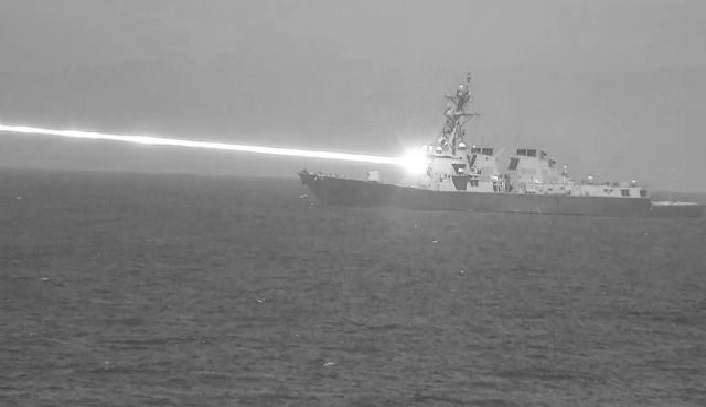IAF to Procure 120 Tejas Mk2 Jets, Eyes 250+ to Replace Jaguar, Mirage, and MiG-29 Fleets by 2040

The Indian Air Force (IAF) has officially committed to acquiring 120 Tejas Mk2 fighter jets, solidifying the aircraft's role as a central pillar of India's indigenous defence strategy. This number could potentially increase to over 250 units in the coming years, positioning the Tejas Mk2 as a key player in modernizing India's aging combat fleet.
A Major Step Towards Fleet Modernization
The Tejas Mk2 is set to replace the IAF's aging Jaguar, Mirage-2000, and MiG-29 aircraft, which together constitute more than 250 jets in the current fleet. These older platforms, which have served the IAF for decades, are nearing the end of their operational life and will be phased out completely by 2040. The introduction of the Tejas Mk2 ensures that the IAF remains operationally robust and technologically advanced.
In parallel, the IAF has also committed to 220 Tejas Mk1 and Mk1A fighters, with 32 already delivered. An additional 83 Tejas Mk1A jets are currently on order, and 97 more are in the pipeline. These acquisitions underscore the IAF's confidence in the indigenous Tejas program as a cornerstone of its future aerial capabilities.
Tejas Mk2 Specifications and Capabilities
The Tejas Mk2 is a multirole fighter jet designed to perform air superiority, ground strike, close air support, and reconnaissance missions. Below are some of its key specifications:
- Engine: Powered by the General Electric GE-F414 turbofan engine, capable of generating 98 kN of thrust.
- Speed and Range: The aircraft can reach a top speed of Mach 1.8 and has a combat range of 1,500 km with drop tanks.
- Payload Capacity: Equipped with 11 hardpoints, the Tejas Mk2 can carry a payload of up to 6,500 kg, accommodating a mix of air-to-air missiles, air-to-ground weapons, and precision-guided munitions.
- Avionics and Radar: Features an advanced active electronically scanned array (AESA) radar, infrared search and track (IRST) system, and advanced electronic warfare (EW) suites.
- Design Enhancements: A lengthened fuselage and canards for improved aerodynamic performance and maneuverability.
Future Prospects and Engine Upgrades
The Tejas Mk2 program is designed with future adaptability in mind. There is a potential for the aircraft to be equipped with a more powerful 110 kN-class engine, currently linked to the development of the Advanced Medium Combat Aircraft (AMCA), India’s fifth-generation fighter. This engine is expected to be ready post-2035, enabling the Tejas Mk2 to transition to even greater performance levels in subsequent production phases.
The integration of a more powerful engine would not only extend the aircraft’s operational capabilities but also allow it to undertake heavier payloads and advanced mission profiles. This upgrade aligns with India’s strategy of creating scalable and versatile combat platforms.
Indigenous Defence Push
The Tejas Mk2 is more than just a fighter jet—it is a symbol of India's drive for self-reliance in defence manufacturing. The program has stimulated domestic industries by fostering partnerships and knowledge-sharing among public and private sectors. Hindustan Aeronautics Limited (HAL), the primary contractor, is working alongside several Indian companies to integrate cutting-edge technologies into the Tejas platform.
Timeline and Production Goals
The first prototype of the Tejas Mk2 is expected to take flight by 2025, with production starting by 2028. The IAF aims to induct the initial batch of Tejas Mk2 jets by 2030. Over the next two decades, this platform will form the backbone of India's air combat fleet, eventually replacing legacy aircraft entirely by 2040.
A New Era for Indian Air Power
The Tejas Mk2 marks a significant leap forward for the Indian Air Force. With advanced capabilities, scalable design, and indigenous roots, it is set to secure India's airspace while contributing to the nation's strategic autonomy. By 2040, the IAF's commitment to over 250 Tejas Mk2 jets will not only modernize its fleet but also serve as a testament to India's growing defence production capabilities.



